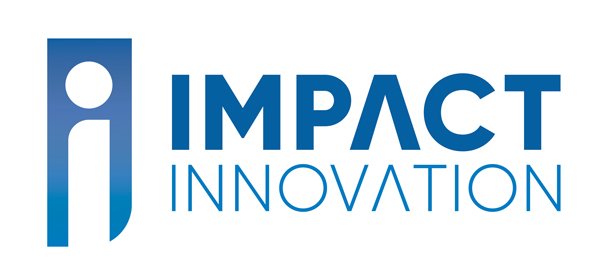“The adoption of remote technology in business has probably advanced two to three years in the last three months.”
IT support firm Team Metalogic has been providing expertise and support for small businesses since 2003.
The business, founded and led by Mike Parfitt, really moved into an expansive phase as the credit crunch hit, when the financial crash led firms to examine how they could make efficiency savings. Since then the company has enjoyed further growth, expanding its workforce and winning new clients.
The company has been helped by the Business Wales Accelerated Growth Programme (AGP), which provides targeted support for ambitious growing firms. The programme is part-funded by the European Regional Development Fund through the Welsh Government.
We spoke to Mike earlier this year when he told us about his business journey here.
Like many businesses, the challenges Mike and his team have faced in 2020 have been challenges like no other. Here Mike tells us how Team Metalogic has met those obstacles head on, and how the company has responded to the pandemic.
How did COVID affect your business?
I never thought I’d be leading a business through a crisis like this one. The financial crash in 2008 was massive. In many very obvious ways, this crisis has been very different.
We’ve been really busy during the lockdown, with many clients realising that their teams need to be able to work remotely and efficiently. This in itself has created a challenge. It meant that the managed services aspect of the business has been incredibly overworked, meaning we could not furlough any staff, despite other areas of the business suffering a hit.
We also struggled with our supply chain, because of a huge demand for hardware across the world. This drove up prices and increased
delivery times. Many of our customers were now needing their teams to be able to work remotely, but others still relied on systems at their physical locations. To bring these systems online so that they can be accessed remotely, we needed to access these locations. With lockdown in place, this was very difficult.
We had also taken on two new highly-skilled project engineers just before lockdown. Although the projects they were brought in to manage were put on hold, we didn’t want to lose them, as highly skilled staff are tough to find. We had to use them elsewhere in the business even though this was not utilising their skills.
Despite being busy with the managed services aspect of our business, this was part of our retained offering, so it didn’t reflect an increase in income. We lost quite a bit of revenue during the three-month period lockdown was in place.
What did you put in place to overcome those challenges?
We introduced a number of measures to see us through. We:
● Temporarily reduced fees to support our clients where possible.
● Extended payment terms to clients where possible, to allow them time to manage cash flow and access grants or financial support.
● Communicated with clients and educated them about the supply chain, to ensure understanding of time frames and costs.
● We took the decision that we would act boldly and decisively, as in times of crisis we were either going to make it through or we weren’t so we would have to act quickly. This worked as we were ahead of the game and were able to support our clients more effectively.
● Accessed a Development Bank of Wales COVID support loan.
How have you come through the challenges facing your business?
Thanks to the plans we put in place, and the hard work of our fantastic team, our pipeline has tripled since the lockdown, and we continue to see high demand. The customers we supported throughout have remained with us and we are starting to get more new enquiries.
Like many other businesses we are having to manage our resources carefully to meet this increased demand while we recover and further prepare for the future.
What advice would you have for those who may face similar challenges as the uncertainty continues?
First and foremost, keep planning. We created a 90-day plan to deal with COVID, we educated our clients on what they’d need to cope with the changing circumstances, how long this would take and how to best manage the costs of these changes.
It can sound a bit clichéd, but organisations need to plan for the unplannable. Pre-COVID, not many business contingency plans would have included the wide-reaching implications of a global pandemic, or the fallout from it. Now, businesses need to have a plan in place for an event that could cause similar disruption, so that they can be agile and make the necessary changes, quickly and remotely.
It’s interesting what pressure can do to an entire industry, let alone an individual organisation. The adoption of remote technology in business has probably advanced two to three years in the last three months.
The uptake and quality of tools such as Microsoft Teams has progressed enormously and having a meeting remotely is now the standard. That’s something I think will remain even after these restrictions – it doesn’t really make sense to travel half the country for one meeting or to work for a day. With the right IT support and advice, any business can prepare for totally new ways of working, and that’s where we come in.
To find out more about Team Metalogic visit its website here.
Further information on the Business Wales Accelerated Growth Programme










